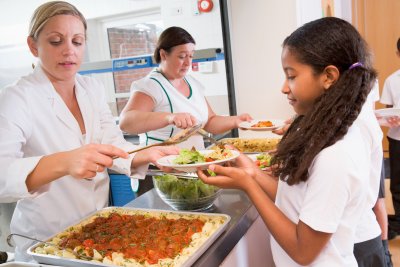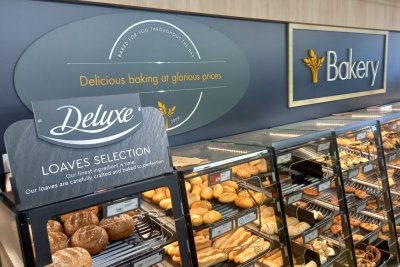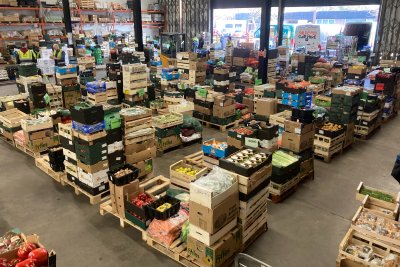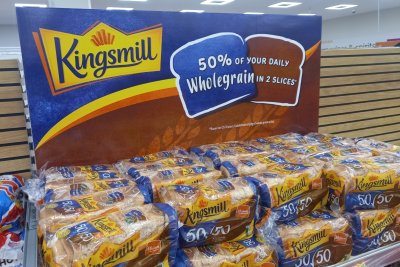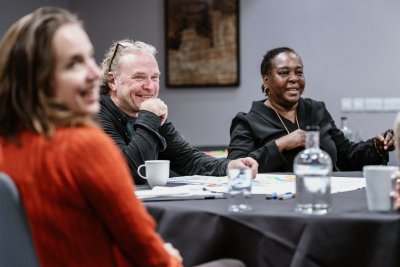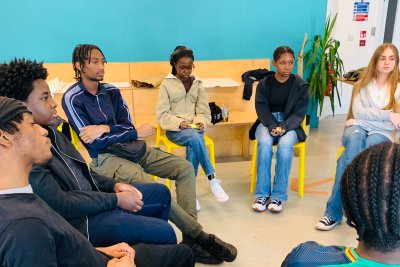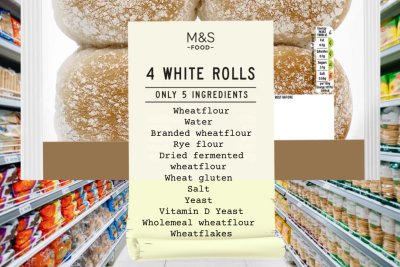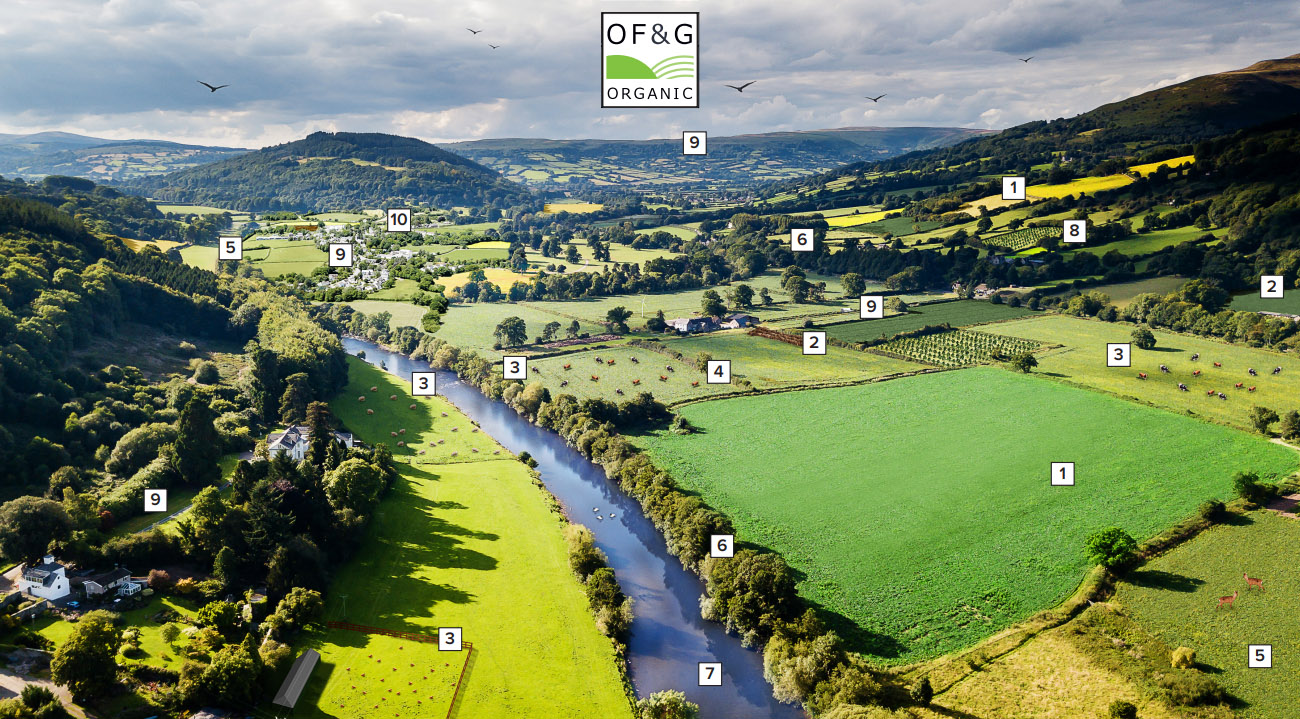 Photo credit: Land sharing model by Organic Farmers & Growers (download the illustration and description below)
Photo credit: Land sharing model by Organic Farmers & Growers (download the illustration and description below)
Calls for ‘land sharing’ to halt economic and ecological collapse
Sustain alliance member Organic Farmers & Growers calls for policies that protect the land and rural communities across the country. A set of graphics shows how land sharing and land sparing could look like. Roger Kerr of OF&G explains why sharing is the best approach.
Farm businesses face increasing financial pressure as gross margins are constricted by market economics. Threats to biological diversity and extreme weather events are taking their toll, leading to crucial debate around the best way to manage the countryside, tackle climate change and produce sustainable food supplies.
OF&G believes government policy must focus on ‘land sharing’ rather than ‘land sparing’ as a solution to our future agricultural production needs.
Land sparing is a blind alley
Land sparing seeks to intensify production on higher quality agricultural land while lower quality land is ‘spared’ for nature. The thinking behind this approach is based on experience from the Global South where agricultural production negatively impacts natural landscapes and consequently there needs to be a clear separation between the two. Virgin landscapes do not however exist in the UK any longer, our entire landscape having been shaped by human activity over last two millennia and more.
What is recognised now is that biodiversity in species type and abundance has declined significantly relatively recently with the development of ‘modern’ farming practices. To halt and reverse this decline it is being suggested that large sections of UK agricultural land are reverted to natural habitats. This is bold thinking, but suggesting that the resultant lost agricultural production could be made up by utilising input-intensive systems.
This land sparing model is also predicated on achieving much higher yields on the land remaining in agricultural production through a further increase in intensification. Consequently, there will be continued soil degradation, similar or increased greenhouse gas (GHG) emissions and a continuing decline in biodiversity in these areas (including pollinators). The consequence of this is the on-going degradation of our most productive agricultural land through the continuation, in essence, of current techniques. If we are genuinely interested in sustainable food production, then this has to be a blind alley. If we continue to degrade our soils we are told that we may have only have 100 harvests left.
A sustainable business model needs to consider its financial position from the perspective of the whole balance sheet, through protecting and improving natural assets and limiting future liabilities, rather than the focusing on profit (as a proxy for efficiency) at the farm level - encouraging the externalisation of environmental and health costs, which some now suggest exceed the value of the agricultural economy by some margin.
Land sharing delivers multiple benefits
Land sharing comprises integrating agricultural production with more environmentally friendly techniques, bringing nature into the field rather than displacing it somewhere else. Agro-ecological and organic farming techniques, and interrelated activities across the food supply network, seek to provide food while simultaneously delivering multiple environmental benefits.
Stacking a diverse range of benefits within a complex systems-based approach in this way is proven to be far more resilient in the face of both climatic and economic shocks.
OF&G have produced two images of the same landscape. One integrating a land sharing approach with its resultant, multiple positive impacts; and one integrating a land sparing approach. Beyond the economics of food production and discussions around the quantification of biodiversity gains and CO2 equivalents, we also have to consider the human element. Communing with the natural world is empowering. So ask yourself: if you wanted to go for a country walk this weekend – which landscape would you prefer?
All of the detail described above is available to download -
- OF&G Land Sharing illustration and description
- OF&G Land Sparing illustration and description
- And the OF&G Land Sharing discussion paper
Sustainable Farming Campaign: Pushing for the integration of sustainable farming into local, regional and national government policies.
Sustain
The Green House
244-254 Cambridge Heath Road
London E2 9DA
020 3559 6777
sustain@sustainweb.org
Sustain advocates food and agriculture policies and practices that enhance the health and welfare of people and animals, improve the working and living environment, promote equity and enrich society and culture.
© Sustain 2025
Registered charity (no. 1018643)
Data privacy & cookies
Icons by Icons8
